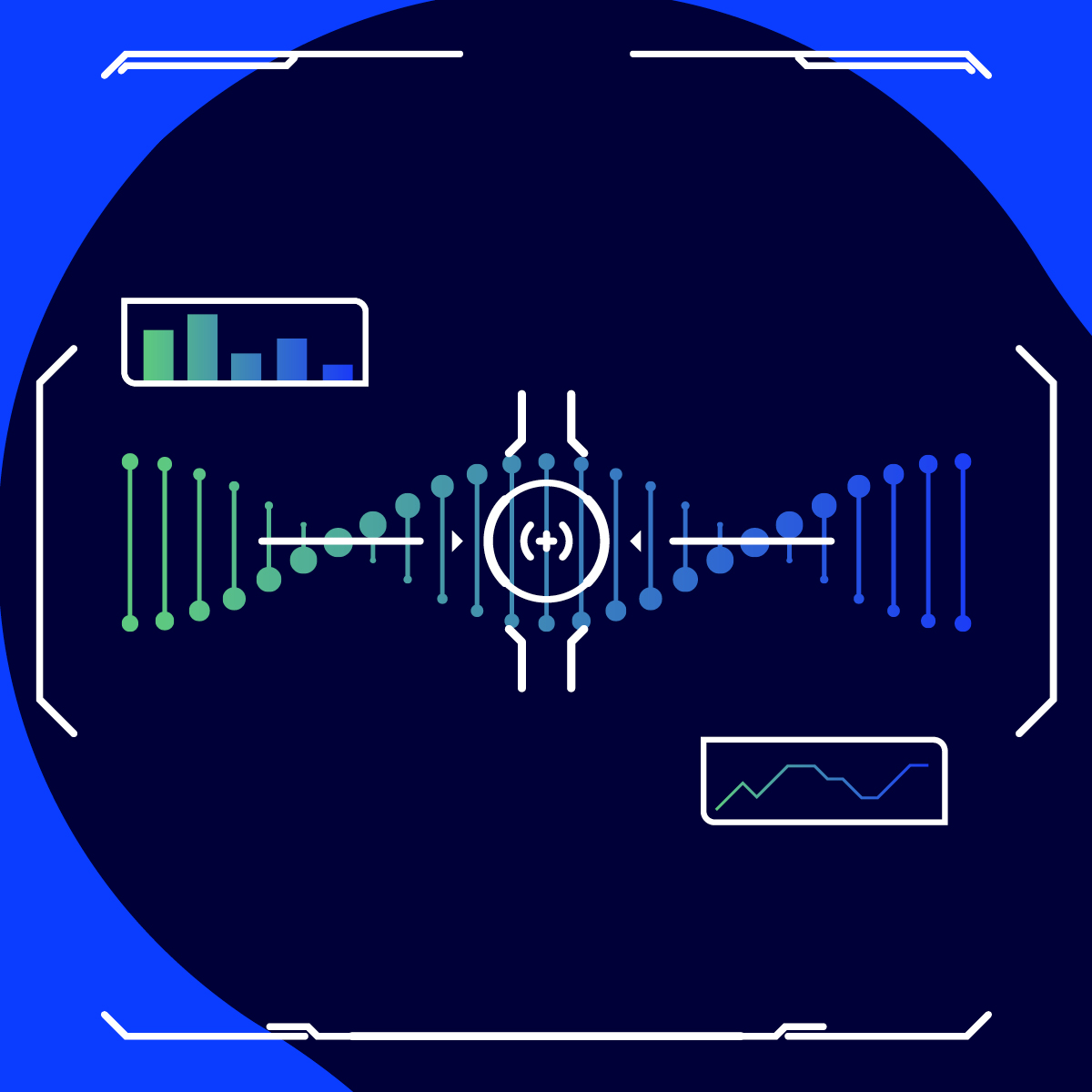
As healthcare becomes increasingly data-driven, predictive analytics is playing a more significant role in patient care. Predictive analysis involves using data, statistical algorithms, and machine learning techniques to identify patterns and make predictions about future events, such as disease onset or patient outcomes. With the help of predictive analytics, healthcare providers can identify high-risk patients and provide more personalized care.
One of the most promising areas of predictive analytics in healthcare is the early detection and prevention of chronic diseases. By analyzing patient data, such as medical histories, lifestyle factors, and genetic information, healthcare providers can identify patients who are at high risk of developing chronic diseases, such as diabetes or heart disease, and intervene early to prevent or manage the disease.
Another area where predictive analytics is making an impact in healthcare is in patient outcomes. By analyzing data from past patient cases, healthcare providers can predict the likelihood of a patient experiencing a particular outcome, such as hospital readmission or infection. This allows providers to take preventative measures and improve patient care.
The use of predictive analytics in healthcare is not without its challenges, however. One of the biggest challenges is ensuring the privacy and security of patient data. Healthcare providers must ensure that patient data is kept confidential and secure, and that they are complying with all relevant data protection regulations.
Another challenge is ensuring that predictive analytics is used ethically and responsibly. Providers must ensure that predictive analytics is used to improve patient care and outcomes and not to discriminate against patients or perpetuate bias in healthcare.
In conclusion, the future of healthcare is increasingly data-driven, and predictive analytics will play a vital role in improving patient care and outcomes. By using predictive analytics to identify high-risk patients, prevent chronic disease, and improve patient outcomes, healthcare providers can provide more personalized and effective care. However, providers must also address the challenges of privacy, security, and ethical use to ensure that predictive analytics is used responsibly and for the benefit of patients.
